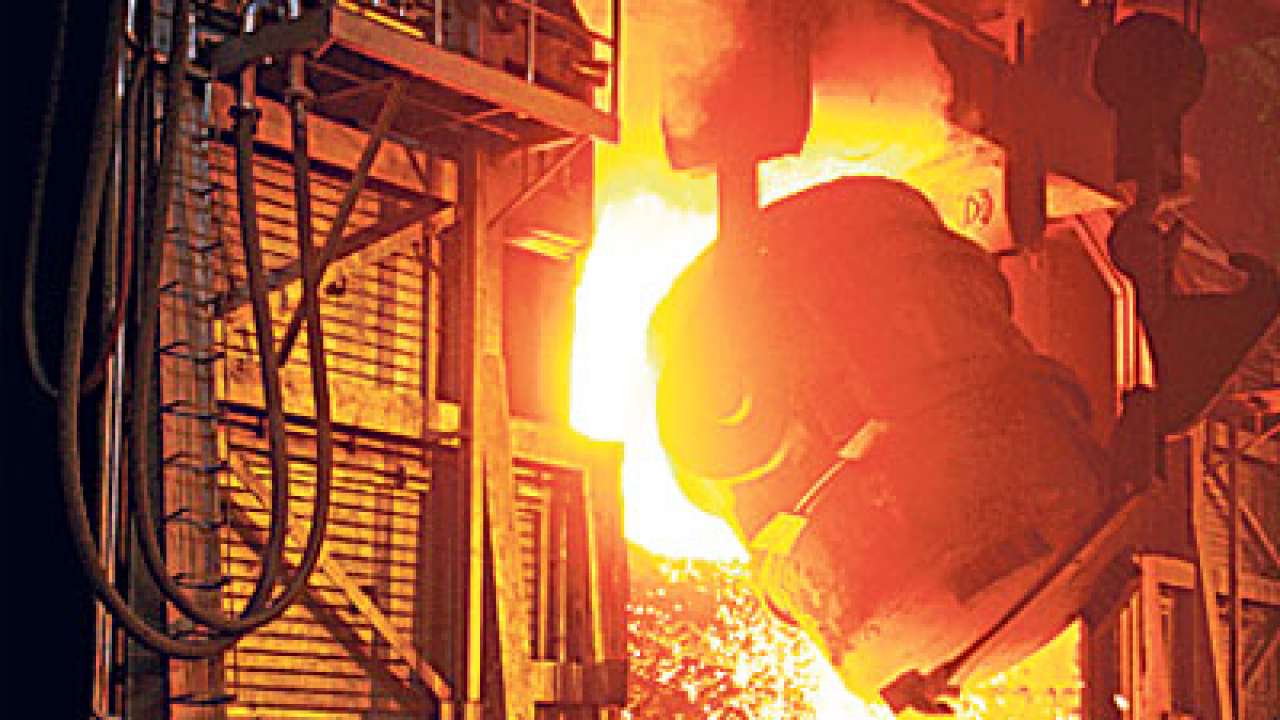
The Budget will be a turning point in economic growth. For the past three years now the economy has been sliding and required a strong push to get it back on rails. The Finance minister has done precisely that by correcting the shortcomings.
Finance Minister Arun Jaitley has given special attention to the energy sector. There has certainly been substantial development of installed generating capacity in the country. But peak shortage is still at more than 3 per cent for a variety of reasons. It is welcome that the Government has now combined coal and power in one ministry. This will help bring about a wholesome development in the energy sector in future.
In many of the power plants, coal stocks had reached a critical point and the industry was forced to import coal at higher prices. This additional cost to the industry could not be passed on to the consumer. The budget has simplified the customs duty on coal by making it uniform for all categories of coal.
There are also other issues which need to be looked at. The discoms are making losses in spite of the subsidies and are in a weak financial position. The T & D losses even now exceed 23 per cent which is a drain on the revenues. Many State governments also do not have the finances to fund discoms. Hence, the latter are unwilling to purchase power leading to a fall in demand which has forced power plants to operate at a lower PLF. The budget had to look at the viability of the energy sector as well.
Presently foreign investment is only 4.5 per cent of total investment in the country. The positive approach expressed by the finance minister will make foreign investment an effective supplement to domestic investment. The finance minister has opened up more areas for FDI, increased foreign equity holding to 49 per cent in insurance and defence, rationalised transfer pricing, changed dividend distribution tax assured that in future retrospective taxation will not be resorted to. All this will make FDI more attractive and it can be expected to double in the next two years.
The importance of organised retail trade has not been adequately recognised and accepted. Retail business generates, for instance, 10 per cent of the GDP and accounts for 8 per cent of the total employment. The share of organised retail currently is only about 7.5 per cent and should increase rapidly.
The development that is likely to generate in the current year will be non-inflationary since investment will be supported by domestic savings. Apart from small savings schemes, concessions have been offered under Section 80C of the Income Tax Act by increasing tax free investment from Rs.1 lakh to Rs1.52 lakhs and the interest on home loans from Rs.1.50 lakhs to Rs.2 lakhs.
Exports are essential to sustain the balance of payments. In the past six months, the current account ratio has substantially declined. Yet, the payments position is still vulnerable and exports particularly from SEZs needed to be encouraged. The finance minister has provided for the necessary facilities to be created.
One sector that required special attention was agriculture which after the Green Revolution has not progressed that well. New technologies have come to the market and have to be introduced in agriculture. Besides, the budget encourages post-harvest processing with a view to avoid wastages. Organised retail can play an effective role in this activity.
The budget is the first step towards a dynamic economy which will take growth to new high levels in the next two years and generate employment for the young population.